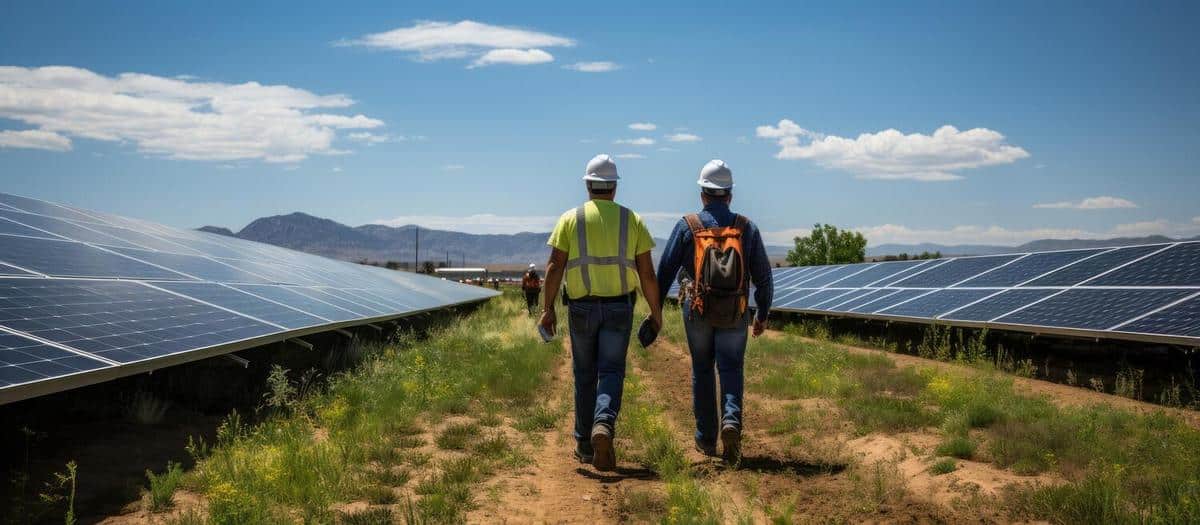
The Role of Smart Grids in Boosting Renewable Energy Efficiency
Imagine a future where energy is not only cleaner but also smarter. As renewable energy sources like solar and wind become more prevalent, the role of smart grids in boosting their efficiency is increasingly crucial. The integration of advanced technology into our energy systems is reshaping the way we produce, distribute, and consume power.
Understanding Smart Grids
Smart grids represent a revolutionary shift in energy management. Unlike traditional grids, which rely on a one-way flow of electricity, smart grids employ digital technology to monitor and manage the flow of energy in real-time. This allows for more efficient energy distribution and reduces waste, making them a key player in the renewable energy landscape.
The Impact of Smart Grids on Renewable Energy
According to a report from the International Energy Agency, smart grids can enhance the integration of renewable energy by up to 50%. This is achieved through improved demand forecasting, better load management, and the ability to store excess energy generated during peak production times.
Dr. Emily Johnson, an expert in renewable energy systems, notes, “Smart grids are not just about technology; they’re about creating a resilient and sustainable energy future.”
Real-World Examples
Consider the city of Austin, Texas, where a smart grid pilot project has significantly reduced energy consumption and increased the use of renewable resources. By using advanced sensors and automated systems, they have managed to optimize energy flow and reduce carbon emissions.
Key Benefits of Smart Grids
| Benefit | Description |
|---|---|
| Efficiency | Reduces energy loss and optimizes distribution. |
| Reliability | Enhances grid stability and prevents outages. |
| Cost Savings | Lowers operational costs and energy bills. |
| Integration | Facilitates the addition of renewable sources. |
| Environmental Impact | Reduces carbon footprint and promotes sustainability. |
| Real-time Monitoring | Provides instant data on energy use. |
| Flexibility | Adapts to new technologies and demands. |
| Consumer Control | Empowers users with more control over energy use. |
Expert Insights
Industry leaders emphasize the importance of policy support and investment in smart grid technology. “The transition to a smarter grid requires collaboration across sectors,” says energy analyst Mark Rivera. “Public and private partnerships can drive innovation and implementation.”
Pro Tip: How to Support Smart Grid Initiatives
Consider installing smart meters in your home to monitor energy use and explore local programs that encourage the adoption of renewable energy sources.
Frequently Asked Questions
What is a smart grid?
A smart grid uses digital technology to improve the efficiency and reliability of electricity distribution.
How do smart grids support renewable energy?
They enhance the integration and management of renewable sources, reducing waste and optimizing usage.
Are smart grids cost-effective?
Yes, they reduce operational costs and improve energy efficiency, leading to savings over time.
Conclusion: Embracing a Smarter Energy Future
The role of smart grids in boosting renewable energy efficiency cannot be overstated. As we move towards a sustainable future, embracing these technologies will be vital. By supporting smart grid initiatives, we can maximize the potential of renewable energy and pave the way for a cleaner, smarter world.


